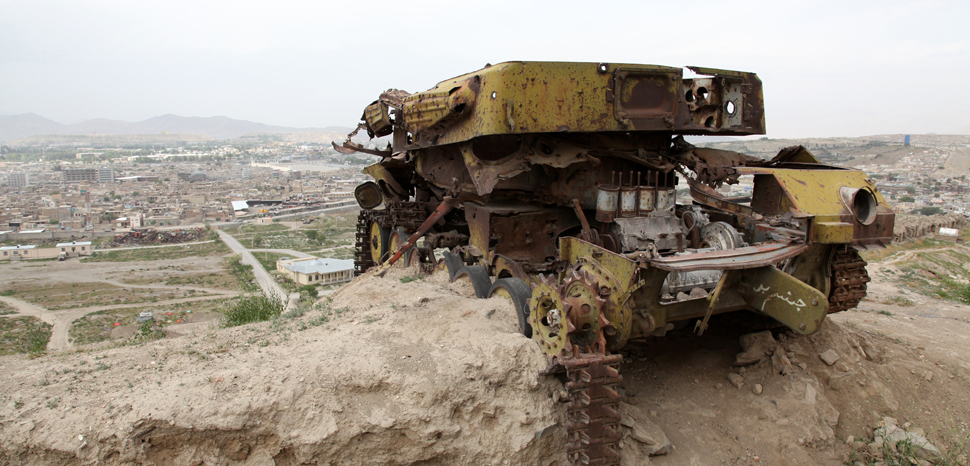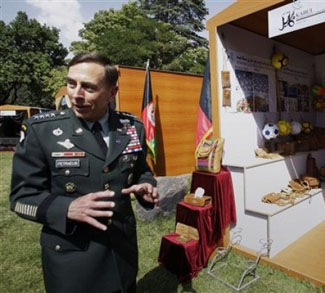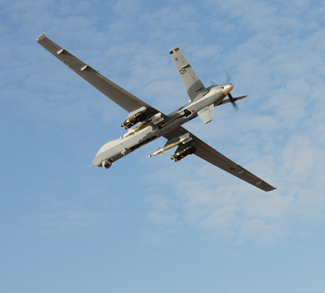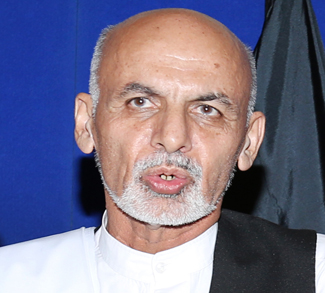The historical relationship between Russia and Afghanistan offers a better understanding of the modern-day dynamics of Russian interests in Afghanistan. Since the 19th century, Russia has made efforts to establish a foothold in the country, all while countering the advances of British imperialism. Russia-Afghan relations, in the modern context, may be viewed in terms of maintaining Russian influence in Central Asia, countering the U.S and NATO presence in the country, and gaining access to the Indian Ocean.
The United States and Russia have stood opposite each other on many global issues, such as the annexation of Crimea, Russian support for President Al-Assad, Moscow’s involvement in Venezuela, and others. Unlike recent developments in Syria and the U.S pullout of the INF Treaty, both of which reflect how the current state of US-Russia relation is not ideal, Afghanistan may be an issue where both countries can find common ground. Both countries have suffered due to terrorism in Afghanistan and, despite a difference in long-term strategic objectives, both countries consider rogue militant groups as a potential threat to their respective national interests.
A Shift in Russian Afghan Policy
Some of the motivations behind the Soviet Union’s decision to invade Afghanistan in 1979 were to strengthen pro-communist government and neutralize the emerging neo-nationalist and Islamic movement. However, following Russian involvement in Syrian crisis, one has observed a rather new paradigm in the Russian foreign policy. With increasing involvement in the global affairs, Russia sees Afghanistan’s current situation as an opportunity to reestablish its influence in the country for the first time since 1989. Today, Russia enjoy much more diplomatic and political leverage to protect its interests in Afghanistan. Following a shift away from the previous policy, that which led to the Soviet-Afghan war, Russia doesn’t seem interested in exerting hard-power in the country; rather, it is focused on leveraging its increasing ties with stakeholders inside and outside Afghanistan. Since the mid-1990s, Russia has steadily developed ties with major factions of Afghanistan, including elements of former Northern Alliance – Uzbek and Tajik groups – and perhaps most significantly, the Afghan Taliban. During the early days of the U.S war in Afghanistan, Russia extended support for the war effort on a few occasions. With the passage of time, however, Russia, like China, has assumed a more proactive role in initiating dialogues and negotiations in the Afghan peace process. In the past, the Afghan Taliban have had good relations with Iran and Pakistan. In Syria, ISIS suffered a decisive blow when Russian air power came to the aid of the Arab Syrian Army. According to this narrative, ISIS would not have lost its momentum had it not been for Russian military involvement in the Middle East. Therefore, Russia’s concern over growing ISIS-Khorasan activities in Afghanistan is understandable.
Making New Friends
Russia has long considered Central Asia its backyard, even since the Tsarist times. Whether it is through direct military involvement, diplomacy, or economic incentives, Russia has ensured that this region is not taken over by any outside entity. With new peace talks, Russia would be eager to see a situation where the U.S and NATO footprint in Afghanistan is reduced. Moreover, in anticipation of the new political climate of the country, Russia is already developing close ties with the Taliban. In an unprecedented development, Russia hosted an Afghan Taliban delegation in Moscow, which met with the foreign minister Sergei Lavrov. A failure in US-Taliban talks would allow Russia to lead a peace initiative of its own, especially if one considers its relations with other regional stakeholders such as Iran, Pakistan, and China.
Regardless of the ultimate result of the peace talks, Russia is now in a position where it can directly negotiate with most of the stakeholders in Afghanistan. For Russia, the ideal Afghan endgame would be to drive out American influence from the country and region, have a friendly government that could fight terrorism in its own land, and acquire investment opportunities, especially in the oil and gas sectors that Russian companies are eyeing. Although the Taliban have gained momentum, in recent years, the likelihood of them assuming the central Afghan government in the future remains slim. The tribal and ethnic makeup of this Afghanistan is orchestrated in such a way that it highly unlikely for one group to govern and maintain control over the entire country. The silver-lining for Russia, amid a possible increase in conflicts after failed peace talks, is that it has now established goodwill with many of the major factions of the country. Whether it is the Uzbeks in northwest, the pro-Iran Shia and Hazara groups in the South, or the Pashtuns in the east and central regions, Russia is in a position to fill the power vacuum in the country, if and when the United States decides to call it a day in Afghanistan. In the greater geopolitical context, Afghanistan may be another opportunity for Russia to reassert its influence and consolidate regional strategic interests, as it did in Syria.
The views expressed in this article are those of the authors alone and do not necessarily reflect those of Geopoliticalmonitor.com or any institutions with which the authors are associated.




